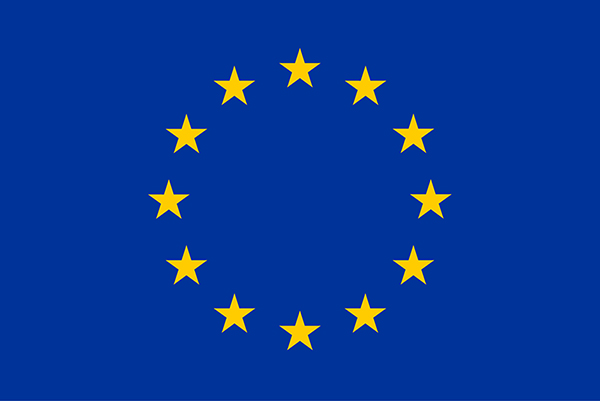eMEN
Boosting mental health through digital technology
"eMEN" contains the initial letters of "e-mental health". E-mental health or digital mental health means using technology to improve mental well-being and this can be either preventive, during treatment or during aftercare. It can be used as a self-help tool or as part of treatment by a professional. The eMEN project stands for "e-mental health innovation and transational implementation platform North - West Europe" and was funded by Interreg North - West Europe. Six partner countries, the Netherlands, the UK, Germany, Belgium, France and Ireland are within eMEN to promote the use of accessible, affordable and effective digital mental health services in North West Europe. The Mobilab & Care and Psychology and Technology research groups, and Pulso Europe together represent Belgium in this.
The project started on May 1 2016 and was initially scheduled to run for 3.5 years. It was then granted a six-month extension. After the end date of May 31 2020, an additional capitalisation work package was obtained, allowing the project to run until June 2022. In this final part, we worked with the consortium partners to maximise the impact of the project by deploying our knowledge, skills and products more widely in practice.

Goal
Together with governments, service providers, mental health professionals, researchers, end-users, policymakers and developers, we set the following goals.
- Share knowledge at different international events and to different target groups such as policymakers, professionals and end-users.
- To (further) develop five high-quality e-mental health products in the areas of depression, anxiety and PTSD/psychotrauma.
- Develop at least one new, short-term and cost-effective research method for quality assessment of e-mental health products.
- Support SMEs in successfully developing e-mental health products.
- Develop a cross-border multidisciplinary collaboration platform for e-mental health knowledge, innovation, development, testing, implementation and exchange of expertise.
- To organise training sessions on various aspects of implementing e-mental health.
Relevance
Almost 165 million people in Europe suffer from a mental disorder such as depression or anxiety every year; that is 38% of the EU population. The demand for mental health services continues to rise, posing a growing social and economic challenge, as mental disorders account for as much as 20% of the total disease burden in the EU. High-quality and innovative e-mental health applications can contribute substantially to keeping this care accessible and affordable. eMEN aims to improve the implementation and quality of e-mental health so that the number of people who need but do not receive support decreases.
Our role
Thomas More researchers (Mobilab & Care and Psychology and Technology research groups) worked together with the other partners to achieve the predefined goals, including a specific focus on knowledge sharing around the use of wearable and immersive technology within the mental health sector.
Realisations
During the eMEN project, we reached different target groups such as governments, service providers, mental health professionals, researchers, end-users, policymakers and developers. We worked on the (further) development and testing of seven e-mental health applications. One digital application, Moodbuster, we implemented as Belgian partners within four Flemish psychiatric hospitals and psychiatric departments of general hospitals. We developed policy instruments including a document with concrete policy recommendations for the well-considered use of e-mental health. We shared knowledge about e-mental health and brought together different target groups through 18 thematic seminars and 6 transnational conferences. As Belgian partners, we organised the opening conference in Mechelen and three thematic seminars.
During the capitalisation phase, we focused on organising training sessions to transfer knowledge and skills around e-mental health to practice. As Thomas More researchers, we focused specifically on organising the training sessions on immersive and wearable technology.
Publications
During the project, two articles were published "Upscaling e-mental health in Europe: a six-country qualitative analysis and policy recommendations from the eMEN project" and "E-mental health implementation in inpatient care: Exploring the potential and future challenges" .
Researchers
Eva Van Assche
Eva Van Assche (PhD) is a lecturer-researcher in the People and Well-being research group, research line Psychology and technology. She focuses on how digital applications (e.g., applications) can contribute to mental health care.












